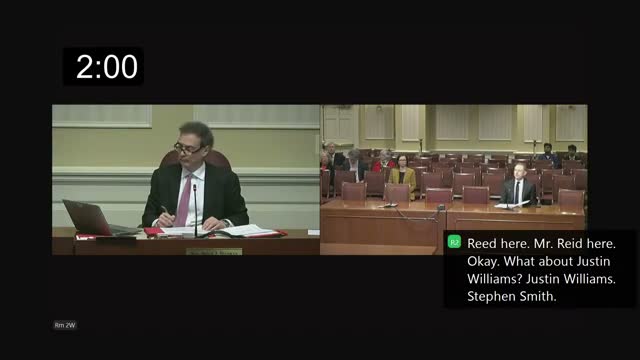Article not found
This article is no longer available. But don't worry—we've gathered other articles that discuss the same topic.

Administration pushes Energize Maryland Act to classify nuclear as 'clean', change offshore wind procurement and freeze solar ACP
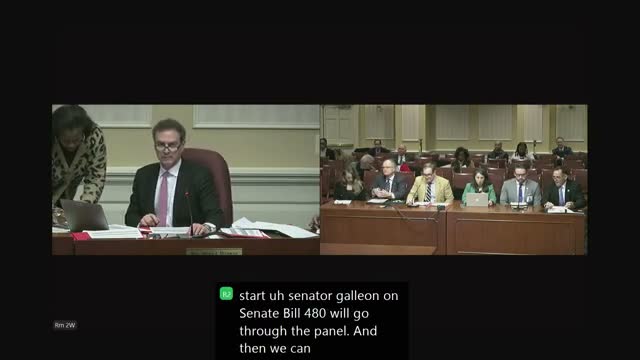
Senate panel hears bill to pilot state purchases of renewable natural gas and fund study of anaerobic digestion
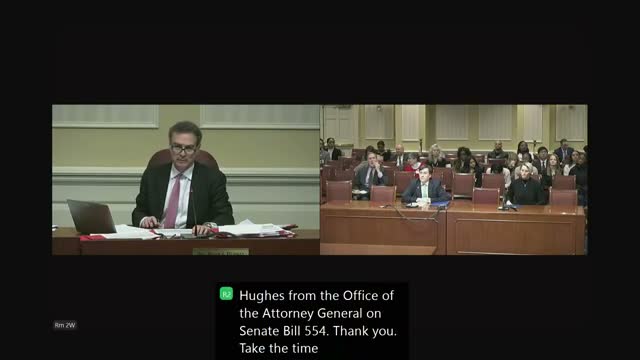
Attorney general supports narrower authority to block frivolous Public Information Act requests; press groups warn of chilling effect
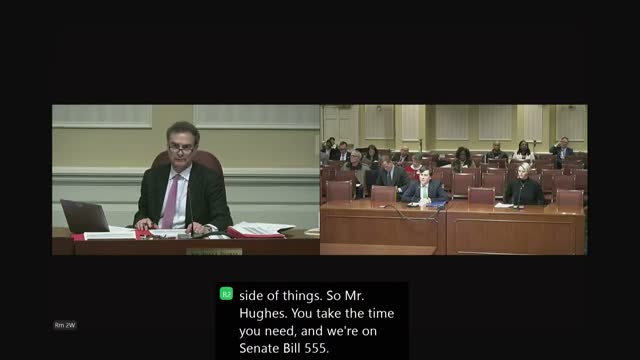
AG seeks temporary exemption for records created for pending litigation; advocates warn it would shield public records
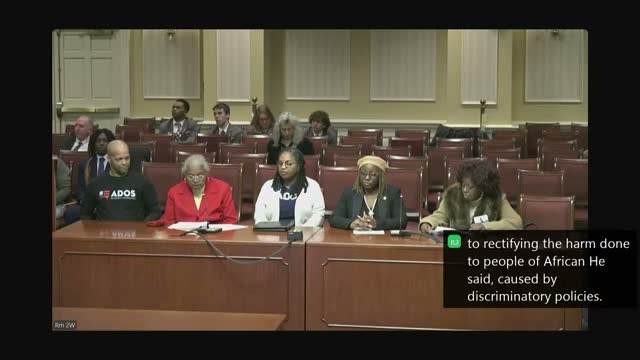
Supporters urge Senate to create Maryland Reparations Commission in Harriet Tubman Community Investment Act

Administration lays out Energize Maryland Act to recognize nuclear as "clean" energy and modify offshore wind, solar rules
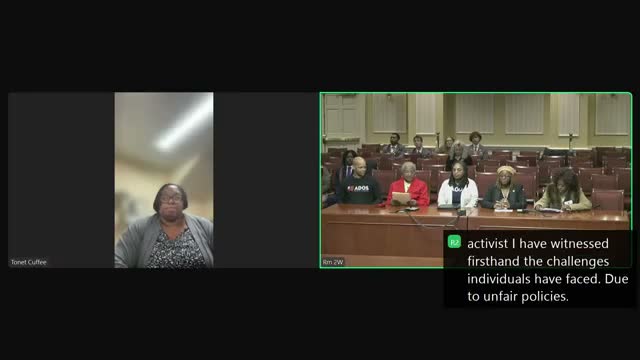
Sen. Benson urges creation of Maryland Reparations Commission to design benefits for descendants of enslaved people
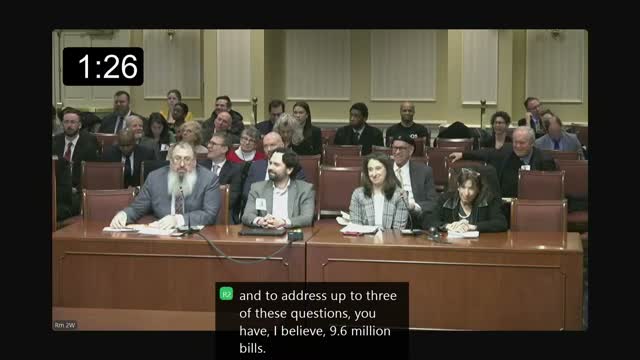
Administration pushes Energize Maryland Act to classify nuclear as clean, freeze solar ACP and change offshore wind procurement

AG seeks PIA exemption for records created for pending or reasonably anticipated litigation; advocates worry about overbreadth

Attorney General seeks new routes to block frivolous PIA requests; press groups urge caution

Bill would create pilot for state agencies to consider renewable natural gas, fund study on biogas benefits
